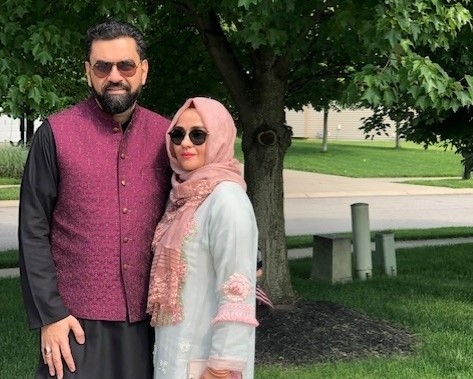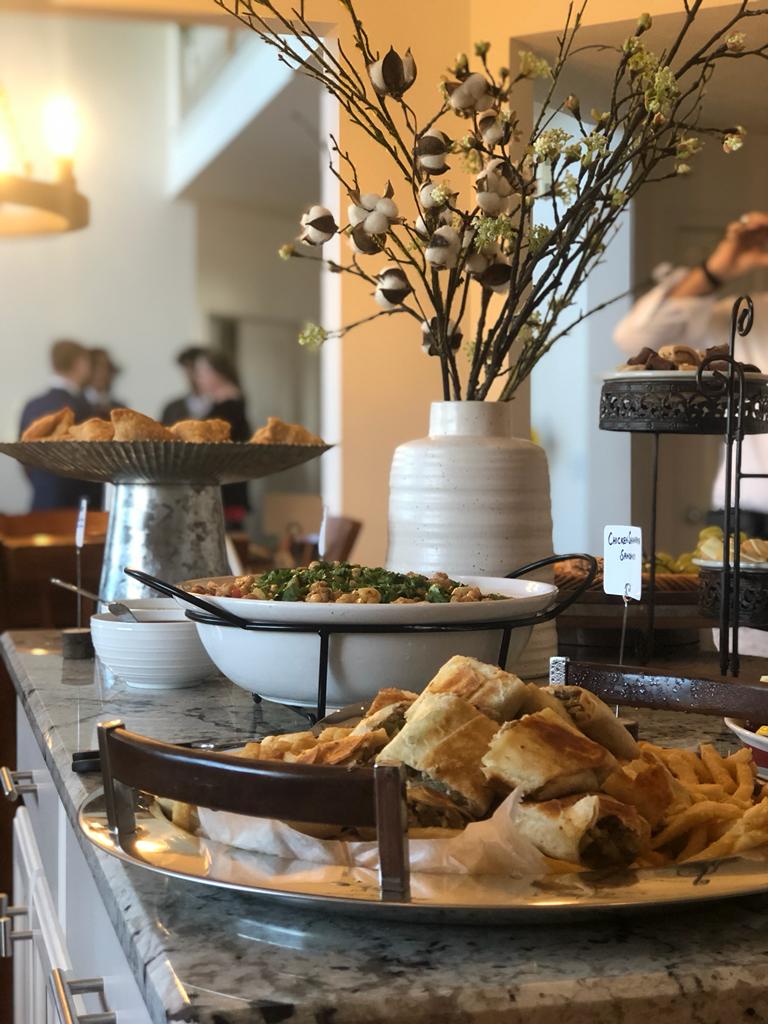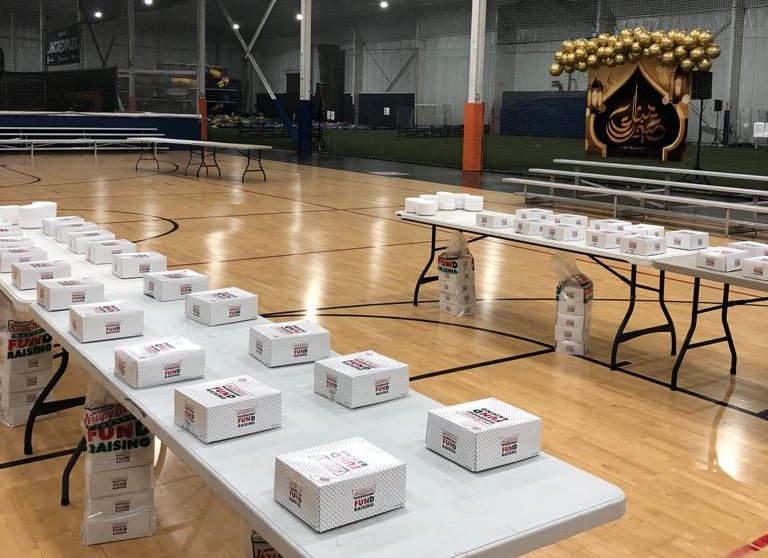This is Fishers sat down with Fishers resident Muhammad Munir, M.D, who talked with us about Ramadan and how he and his family observe the monthlong Muslim holiday. Learn more about the holiday and his family traditions below.

I am originally from Pakistan and a graduate of King Edward Medical University. After moving to the U.S. for further education and training, I did my residency in adult psychiatry at Wayne State University and then went to Brown University for their Child and Family Psychiatry Fellowship Program. I currently practice at Harmony Medical Associates in Fishers and am privileged to work with my patients and their families. Our family moved to Fishers in 2006 and I am happily married to Amira Ali, M.D. We are blessed with three boys named Mustafaa, Tahaa, and Wali.
What can you tell us about Ramadan?
Ramadan is the ninth month of the Islamic calendar and observed by 1.8 billion Muslims worldwide. Ramadan is the month in which the Quran, the holy book, was revealed to the Prophet Muhammad (PBUH) through the angel Jibreel (Gabriel). This is month is when we fast from dawn to sunset. We abstain from any food and drink intimacy during the state of fasting.
Ramadan is the time to reflect upon human needs, desires, and blessings. It is an opportunity for the spiritual growth and improving the relationship with Allah, our creator. Individuals in the community come together by sharing food, doing charity work, abstaining from evil, and treating all with utmost respect.

We start the day before sunrise with Sahoor, which is an early morning breakfast that’s usually healthy, followed by Fajar, our morning prayers. Then we start our day at school and work as usual and perform all our duties and obligations. At sunset, our family gathers for Iftar to break the fast with dates, water, and seasonal fruits.
After Maghrib, the sunset prayer, we have a quick meal and get caffeinated! We go to Masjid, the mosque, at Alhuda Foundation for the Isha, our nighttime prayers, which is followed by Tarawhee Prayers, which are special prayers for the month of Ramadan. The Imam who leads the prayers, recites the Holy Quran, and every night it continues over the 30 nights of the Ramadan finishing the recitation of the entire Holy Quran. That is the best part of Ramadan, as all the families stay together at the masjid late at night.
What is your favorite thing about the holiday?
The month of Ramadan is an excellent time to develop good habits and routines and get rid of bad ones. The celebration at the end of Ramadan is called Eid ul Fitar. The Eid prayers are huge gatherings usually performed in the open spaces like Conner Prairie. That day, we all get dressed up in traditional formal attire. After prayers there are sweets for the entire community, followed by feasts at residences where friends and families are invited.

What you do want the community to know about Ramadan?
In holy Quran, fasting is prescribed to all believers so they may acquire self-control and God consciousness. Therefore, the purpose is to improve health and become aware of the troubles of the poor, sick, and hungry. Those who are sick, elderly, pregnant, or nursing are exempt from fasting. Ramadan moves back approximately 10 days every year because it’s based on the lunar calendar.
How can people learn more?
Talking to your Muslim friends, colleagues, and neighbors is the best way to learn. We are delighted to invite our friends to Alhuda for interfaith activities and to attend the Friday prayer sermons.
What is your favorite part of living in Fishers?
Fishers has been our home for 17 years and we have enjoyed being part of this diverse growing community. We love our local parks, the Fishers Farmers’ Market, and local restaurants around the city. Fishers has grown from a small, comfy, family-oriented town to a welcoming city.
Melissa Rogers is an Indiana native who has lived in the Indianapolis area for several years. She attended Indiana University-Purdue University Indianapolis, majoring in journalism & public relations and is a previous public relations intern with the City of Fishers. In her spare time, she enjoys cooking, going to Indy Fuel and Pacers games, and hiking with her German Shepard, Ari. Her favorite part about Fishers is how many great restaurants and shops there are to choose from.

